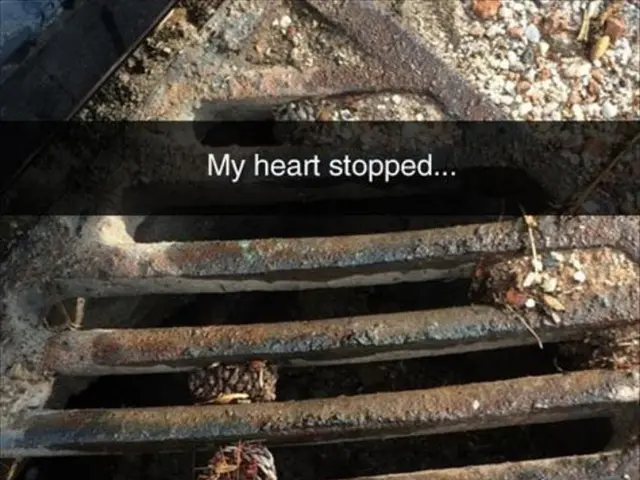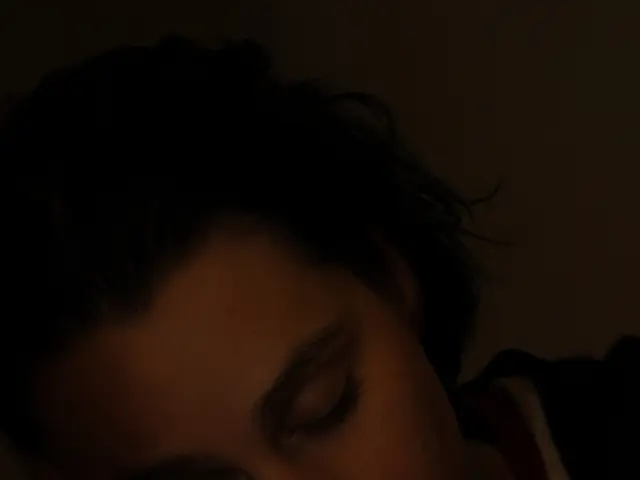Tarsal Cysts: Causes, Symptoms, and Treatment Options
Tarsal cysts, also known as meibomian cysts or chalazia, are small, usually painless lumps that develop on the eyelid, typically near the eyelashes. These cysts can cause discomfort and affect the appearance of the eye. While the exact cause is unknown, it's believed to be related to the blockage of the meibomian gland, which produces an oily substance to lubricate the eyes.
Tarsal cysts can be classified into two main types: internal hordeolum and external hordeolum. The most common cause is a blockage of the meibomian gland, leading to the accumulation of dead cells, oils, and other debris. This blockage can be caused by various factors such as meibomian gland dysfunction, blepharitis, genetic predisposition, hormonal changes, and environmental factors like smoking.
Symptoms of a tarsal cyst may include a small, painless lump on the eyelid, redness and swelling, discharge or crusting, vision problems, and eye fatigue. Diagnosing a tarsal cyst typically involves a visual examination, imaging tests like ultrasound or CT scans, and sometimes a biopsy. Treatment usually depends on the size, location, and severity of symptoms, and may include observation, surgical removal, or corticosteroid injections.
Home remedies for tarsal cyst pain relief may include warm compresses, cold therapy, over-the-counter pain relievers, eye massage, and castor oil. However, it's essential to consult an eye doctor or a healthcare professional for proper diagnosis and treatment.
Tarsal cysts, while usually painless, can cause discomfort and affect the appearance of the eye. If you suspect you have a tarsal cyst, it's crucial to seek medical advice for accurate diagnosis and appropriate treatment. While home remedies may provide temporary relief, professional medical care is necessary for effective management.
Read also:
- Impact of a Government Shutdown on Citizens
- Medical Specialist Based in Visakhapatnam
- Individuals in New York afflicted by Legionnaires' disease have legitimate legal entitlements. Here's some essential information on the matter.
- Toxic Shock Syndrome: Signs, Origins, Tampon Connection, and Further Details








